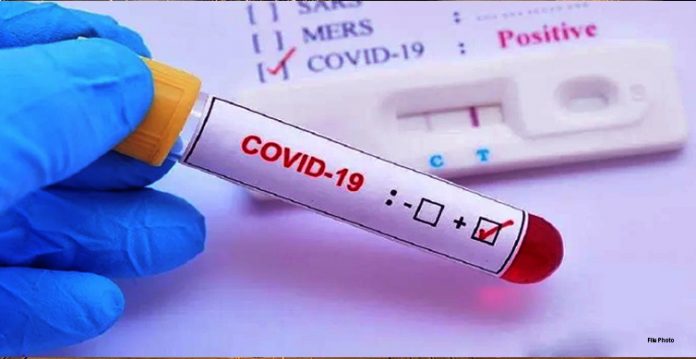London: The accuracy of a rapid finger-prick antibody test for SARS-CoV-2, the virus accountable for COVID-19 infection, might be significantly lower than previously suggested, said researchers.
The outcomes, issued in the journal The BMJ, recommend that if 10 individuals of individuals given the test had previously been infected, around one in five positive test outcomes would be incorrect (false-positive results).
Study authors from Imperial College London in the UK stated, “These conclusions contrast with an earlier (not yet peer-reviewed) study suggesting that the test gives no false-positive results.”
The discoveries recommend the test can deliver an adequate level of accuracy for surveillance studies of the populace, yet lab confirmation of positive outcomes is likely to be required if these tests are to be utilized to give proof of protection from the virus.
The ABC-19TM Rapid Test utilizes a drop of blood from a finger-prick to check whether if it’s likely somebody has previously been infected with SARS-CoV-2.
It gives results in about 20 minutes, without the need to go to a lab, and is approved for use by health experts in the UK and EU.
For the outcomes, scientists tested blood samples in a lab from 2,847 key workers (fire, police personnel, and healthcare) in England.
Out of these, 268 had a prior PCR (positive polymerase-chain-reaction) positive outcome so, therefore, were ‘known positives’ while the remaining 2,579 had unknown past infection status.
A further 1,995 pre-pandemic blood samples were additionally tested as ‘known negatives.’
In view of a series of analyses, the researchers estimated the specificity of the ABC-19 test (ability to effectively identify a true negative sample) to be 97.9 percent, implying that 2.1 percent of individuals who didn’t have a prior SARS-Cov-2 infection incorrectly tested positive.
They evaluated the sensitivity of the ABC-19 test to be 92.5 percent based on PCR confirmed cases yet significantly lower (84.7 percent) in individuals with unknown previous infection status before antibody testing.
This distinction is presumably because the test being more sensitive when antibody levels are higher, the researchers clarified.
As individuals with a positive PCR result tended to have more extreme disease, it is possible that they would have created more antibodies.
The researchers stated that the low figure of 84.7 percent is likely a more realistic estimation of test sensitivity in the real world if individuals were to decide to take the test to find out their own past infection status.
The authors noted: “This means that 15.3 percent of people with a previous SARS-CoV-2 infection would be missed.”







